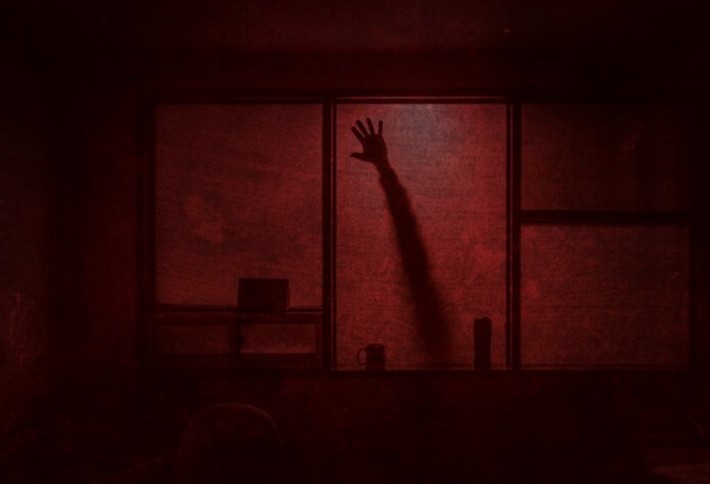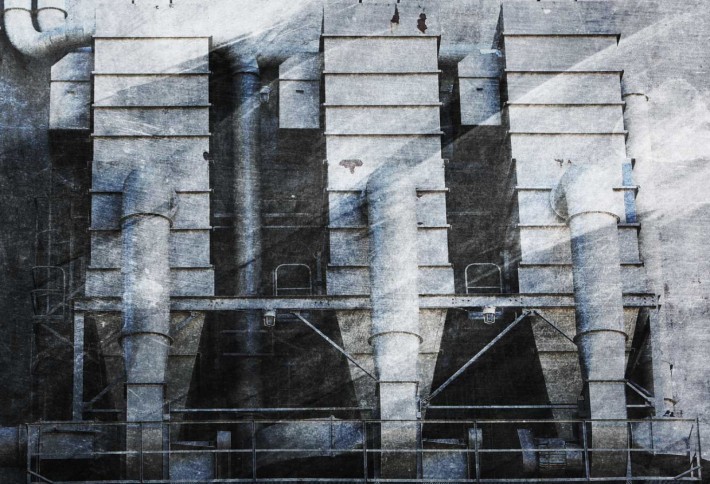If you’re in property management, you’re all too familiar with the bone-chilling horrors of outlandish tenant requests, nightmarish equipment failures and unnerving incidents. Maybe your building is even haunted!
Take our quick Halloween Mini-Quiz to see how your management of these spooky property risk scenarios compares to your peers'! Then, share your own CRE horror story with the Building Engines team and you'll automatically be entered to win a $200 Amazon Gift Card. The winner will also be included on a feature on the Building Beat Blog and upcoming infographic!
1
What's the No. 1 “doom and gloom” scenario keeping property managers and owners up at night?

YOU'RE CORRECT!
The majority of survey respondents answered that they are kept up by the risk of lawsuits and liability. As someone somewhere probably says, “Beware the litigation that goes bump in the night!”
YOU'RE WRONG!
While that scenario is pretty “doom and gloom,” most survey respondents answered that they lose the most sleep to the risk of lawsuits and liability problems. As someone somewhere probably says, “Beware the litigation that goes bump in the night!”
2
The CRE tech arsenal is filled with new platforms and software designed specifically for the sector. If you could only choose one, what tech would you arm yourself with in a “Tenantpocalypse”? (Tenantpocalypse: A sudden event that causes fear, loss of tenants, threats of lease non-renewals and absurd levels of tenant complaints to property management)

Online tenant survey (to determine best course of action)
Mobile app (for tenants and property teams)
All-in-one property management system (for work order, PM, inspections management, etc.)
YOU'RE CORRECT!
Groovy! A majority of the CRE professionals surveyed answered that they would arm themselves with an all-in-one property management system because it can help manage a majority of their operational issues—like work orders, preventive maintenance, inspections, broadcast messaging to tenants, etc.
YOU'RE WRONG!
Ruh-Roh! Nice try, but you’ve just doomed us all! (Just kidding.) Most survey respondents answered they would arm themselves with an all-in-one property management system because it can help manage a majority of their operational issues—like work orders, preventive maintenance, inspections, broadcast messaging to tenants, etc.
3
How frequently do managers run into issues with “Zombie COIs” (expired COIs from tenants or vendors that are still on-site)?

YOU'RE CORRECT!
This time, being right isn’t necessarily a good thing! It’s true, the majority of survey respondents stated that they run into expired COIs more than once a month. That’s way too many chances for a vendor or tenant to have a problem on-site with an expired COI. Eek! That’s some big-time liability exposure. Adding some tech power to your COI management process (via property management software), can help notify teams of expiring certificates and automate the process for renewal so they're not caught off guard by expiring certificates.
YOU'RE WRONG!
Either you're an optimistic outsider or a diligent PM! This time being wrong is a good thing! Why? Because the majority of survey respondents stated that they run into expired COIs more than once a month. Congrats on being more on top of your expiring COIs than your peers! Adding some tech power behind your COI management process (via property management software) can help notify teams of expiring certificates and automate the process for renewal, so they're never caught off guard by expiring certificates.
4
That recurring nightmare you've been having becomes a reality: All the toilets in the men’s bathroom start overflowing. What’s the first thing that you do?

Dive in and immediately start turning valves in an attempt to stop the flow of water.
Grab your phone and shoot off a high-priority, mobile work order to your team.
Close off the bathroom and hang an “Out of Order” sign.
Broadcast message tenants to let them know the bathroom is temporarily under repair.
YOU'RE CORRECT!
We need a mop! According to your peers, the first thing they would do is dive in and immediately start turning valves in an attempt to stop the flow of water. Just another day in the life of a property manager…The runner-up response is “grab your phone and shoot off a high-priority work order to your team!”
YOU'RE WRONG!
While everything on that list is something you should do at some point to manage the problem, the majority of respondents said the first thing they would do is “dive in immediately and start turning valves in an attempt to stop the flow of water.” Just another day in the life of a property manager…Thankfully, the runner-up answer is to “grab your phone and shoot off a high-priority work order to your team!”
5
What's the best way to maintain your equipment and keep it from reaching its “Final Destination”?

Automated and scheduled PM alerts to engineers
Preventive “red flag” alerts on equipment with multiple work orders or a high volume of issues
Equipment maintenance schedules based on industry best-practice standards
Adopting software that gives you the ability to pull an equipment’s history and PM schedule in real time via mobile device
YOU'RE CORRECT!
You got it! 41% of survey respondents suggested they prevent equipment failure by maintaining regular maintenance schedules based on best practices. A very close runner-up was “automated and scheduled preventive maintenance alerts to engineers.” Really, both working in tandem are the key to an efficient preventive maintenance program.
YOU'RE WRONG!
No tears, please (it will harm the equipment). 41% of survey respondents suggested they prevent equipment failure by maintaining regular maintenance schedules based on best practice standards. A very close runner-up was “automated and scheduled preventive maintenance alerts to engineers.” Really, both working in tandem are the key to an efficient preventive maintenance program.










